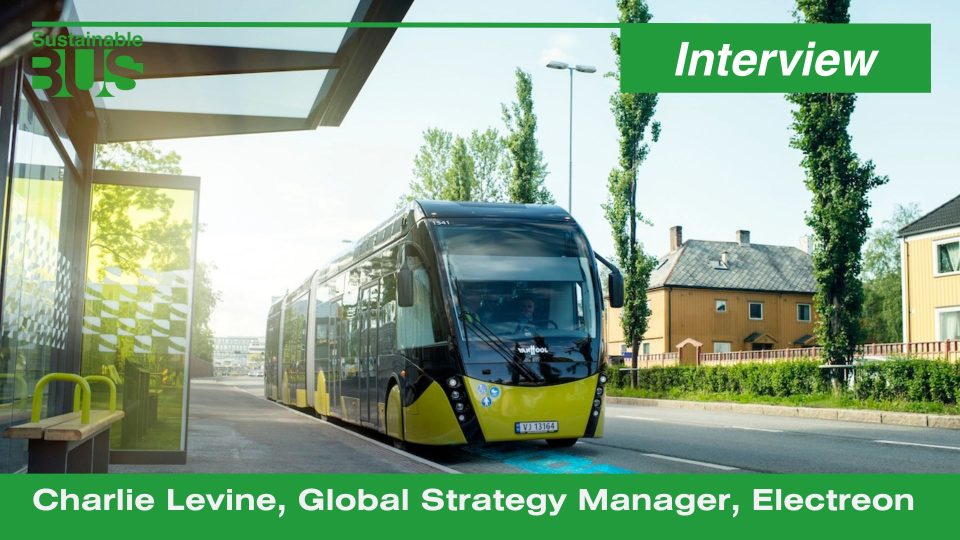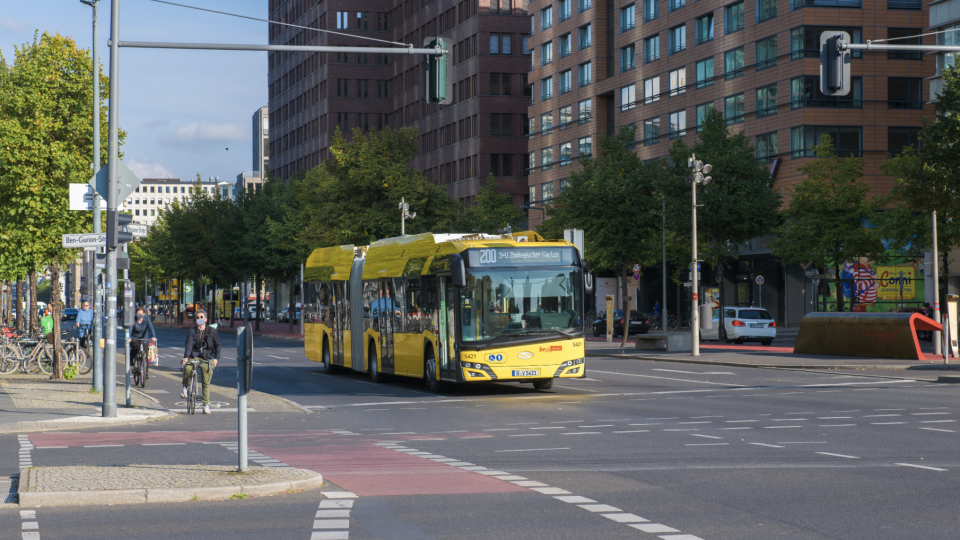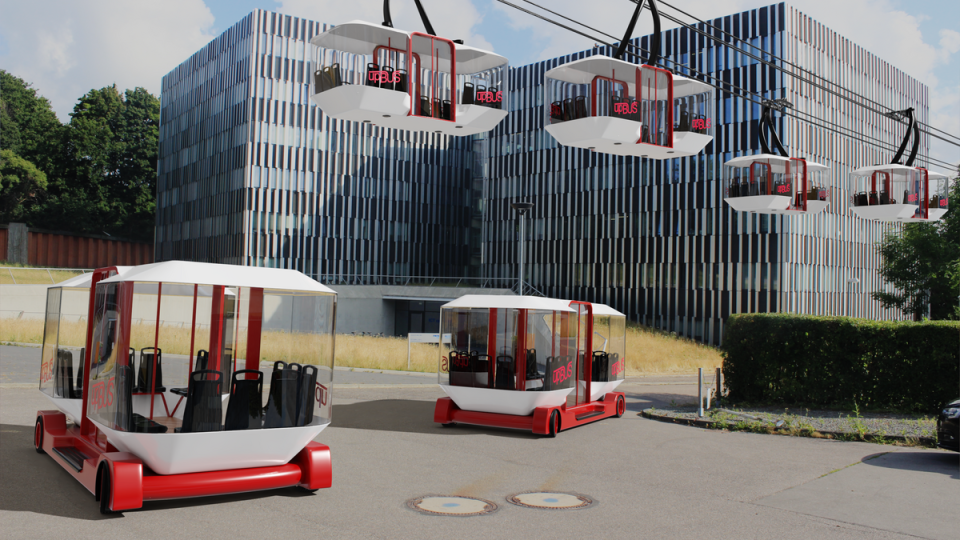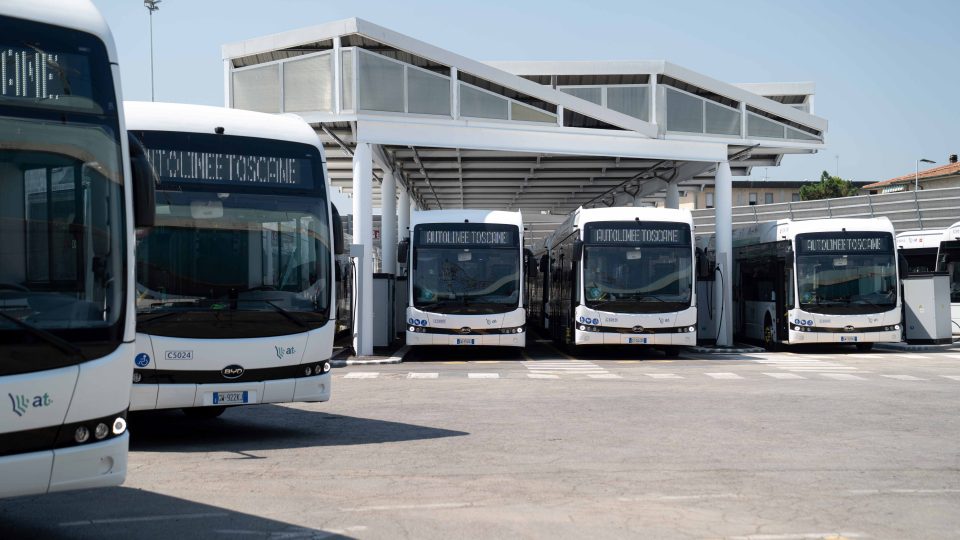Sustainable and Smart Mobility Strategy presented by EU. Only ZE vehicles by 2050
By 2050, nearly all cars, vans, buses as well as new heavy-duty vehicles will be zero-emission. It is written on the ‘Sustainable and Smart Mobility Strategy’ presented yesterday by the European Commission together with an Action Plan of 82 initiatives that will guide EU work for the next four years. The result, according to plans, will be a […]

By 2050, nearly all cars, vans, buses as well as new heavy-duty vehicles will be zero-emission. It is written on the ‘Sustainable and Smart Mobility Strategy’ presented yesterday by the European Commission together with an Action Plan of 82 initiatives that will guide EU work for the next four years.
The result, according to plans, will be a 90% cut in emissions by 2050, delivered by a smart, competitive, safe, accessible and affordable transport system.
According to the timetable set by the EU, by 2030 at least 30 million zero-emission cars will be in operation on European roads, and 100 European cities will be climate neutral. It is mentioned that «scheduled collective travel for journeys under 500 km should be carbon neutral». By 2050 «nearly all cars, vans, buses as well as new heavy-duty vehicles will be zero-emission».

EU Sustainable and Smart Mobility Strategy and transport
As mentioned above, the strategy identifies a total of 82 initiatives in 10 key areas for action (“flagships”), each with concrete measures. For transport to become sustainable, in practice this means, according to the plan:
- Boosting the uptake of zero-emission vehicles, vessels and aeroplanes, renewable & low-carbon fuels and related infrastructure – for instance by installing 3 million public charging points by 2030.
- Creating zero-emission airports and ports – for instance through new initiatives to promote sustainable aviation and maritime fuels.
- Making interurban and urban mobility healthy and sustainable– for instance by doubling high-speed rail traffic and developing extra cycling infrastructure over the next 10 years.
- Greening freight transport – for instance by doubling rail freight traffic by 2050.
- Pricing carbon and providing better incentives for users – for instance by pursuing a comprehensive set of measures to deliver fair and efficient pricing across all transport.
Sustainable and Smart Mobility Strategy, focus on intermodality
Frans Timmermans, Executive Vice-President for the European Green Deal, said: “To reach our climate targets, emissions from the transport sector must get on a clear downward trend. Today’s strategy will shift the way people and goods move across Europe and make it easy to combine different modes of transport in a single journey. We’ve set ambitious targets for the entire transport system to ensure a sustainable, smart, and resilient return from the COVID-19 crisis.”
Commissioner for Transport Adina Vălean said: “As the backbone that connects European citizens and business, transport matters to us all. Digital technologies have the potential to revolutionise the way we move, making our mobility smarter, more efficient, and also greener. We need to provide businesses a stable framework for the green investments they will need to make over the coming decades. Through the implementation of this strategy, we will create a more efficient and resilient transport system, which is on a firm pathway to reduce emissions in line with our European Green Deal goals.”









